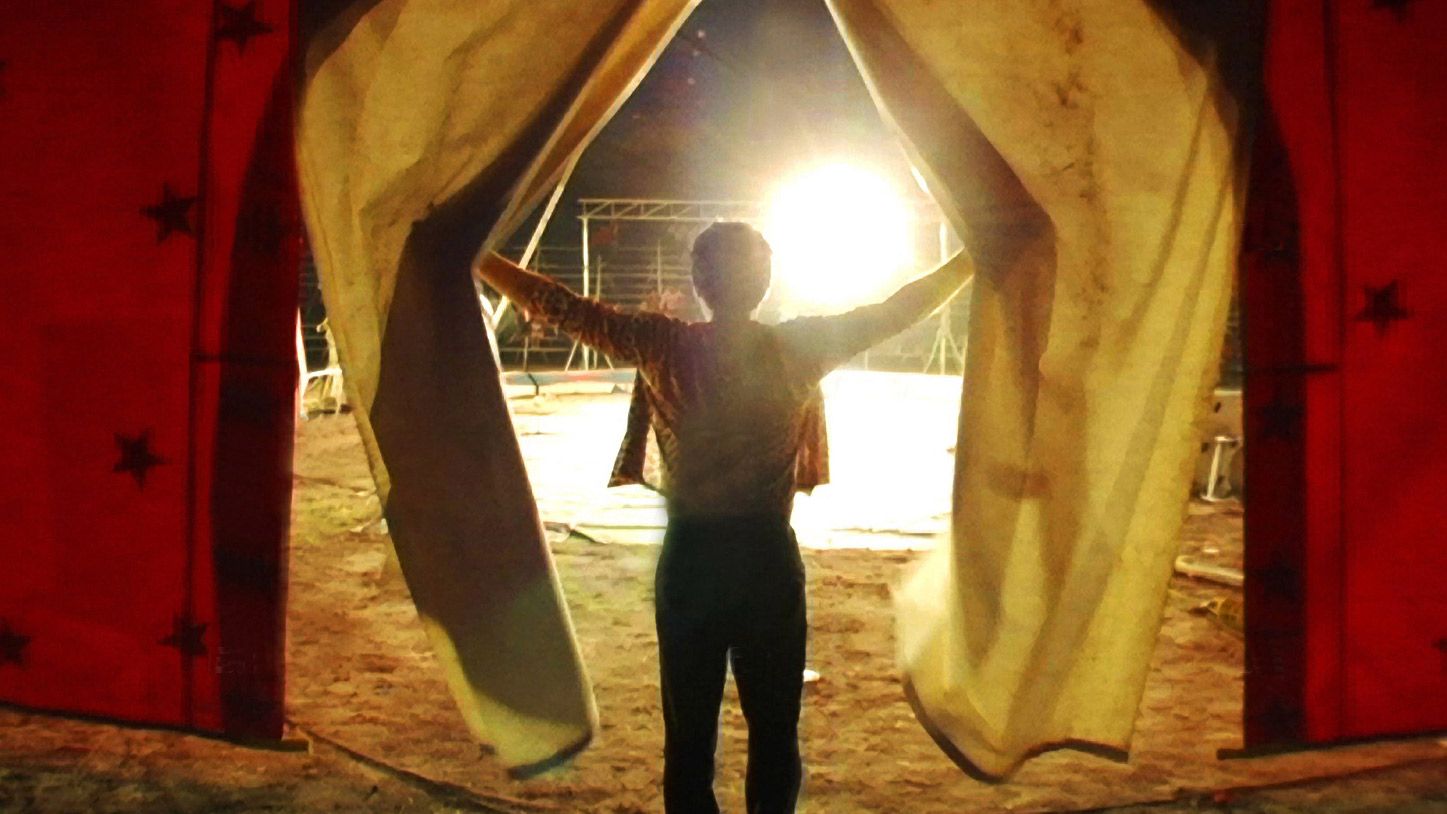Director: Aaron Schock,
Watched on: Netflix,
Rating: 4.5/5.
The little seen film Circo is a picaresque tale of a traveling Mexican circus made by a first-time feature filmmaker. I happened to read about the movie in a magazine before I realized it had been been kicking around Netflix for almost a year. Beautifully shot, simply told, and wonderfully immersive, this is the rare documentary that has no activist agenda, topical issue or political ax to grind.
Director Aaron Schock made 8 trips to Mexico over a period of 21 months to document the itinerant lifestyle of the Ponce family circus, a traveling family of performers featuring several kids, their parents and grandparents, and an aunt or uncle or two, working the backroads of a colorful but changing Mexico. The crowds may be small but the professional attention to detail and the passion for performing never waver for the family, which includes pre-teen trapeze artists, pubescent clowns, and a lion-taming father. This is no freak show however, it’s a business, and there is tension between the parents. Mom wants to retire from the road, settle down, and give her kids a stable home and a decent education. Dad is torn between love for his family and his love of the show, an inherited tradition stretching back seven generations.
Circo has a lovely rhythm, criscrossing not only the exotic landscape of rural Mexico but also the emotional terrain of a family pulling together, working unimaginably difficult hours, dealing with recalcitrant animals and malfunctioning vehicles, continually practicing their craft, and living a life whose rewards of transitory experience seem both moving and muted. How can they form any attachments outside their band when they pull up stakes and move on every weekend?
Schock, working with editor Mark Becker, himself a director, wisely avoids concentrating too deeply on the mechanics of this mobile contraption, even though the sheer labor involved in setting up and tearing down the enterprise, as well as keeping the animals, the employees, and the children fed and happy, seems exhausting. Circo includes just enough of the day-to-day to indicate a respect for the Ponce family’s commitment, but also frequently steps out of the daily grind to capture dazzling snapshots–of the kids practicing a routine, of the big top going up and coming down, of the faces of the rapt, devoted audience– framed by supple natural light.
There is an extended family reunion sequence in the third act which considerably deepens our understanding of the conflict felt by Tino, the father and manager of the circus. When the inevitable separation arrives, you could find yourself conflicted as well. This is a lyrical, touching journey you may not want to see end.

